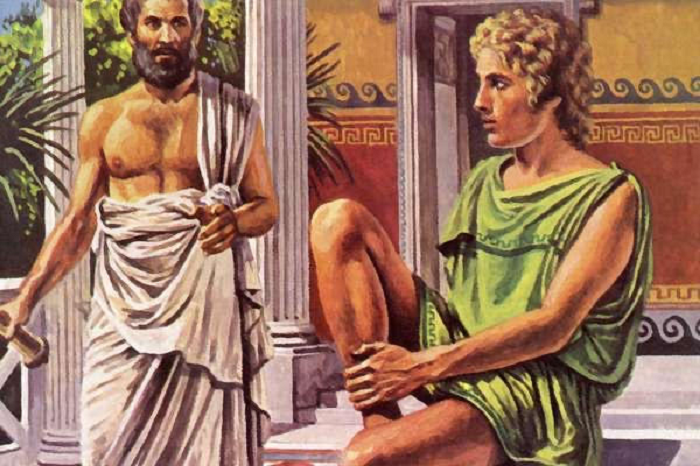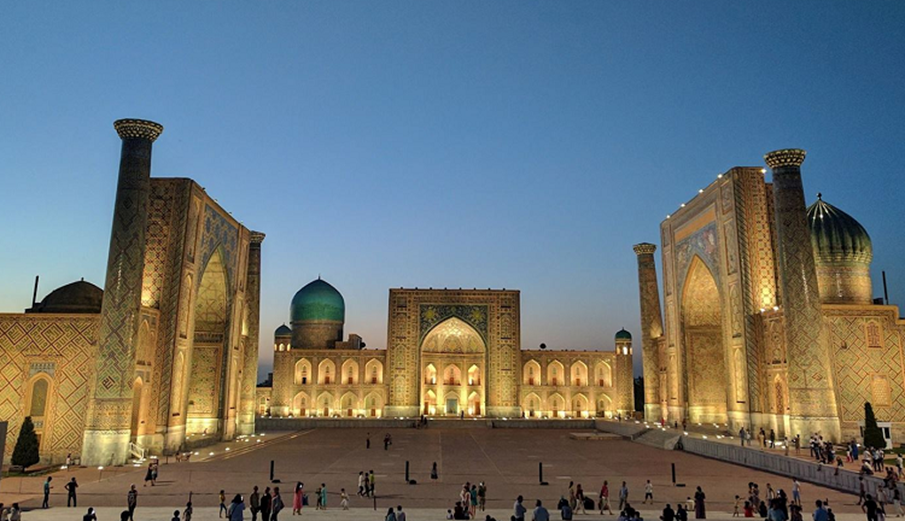INCREASING YOUR SANITY WITH ARISTOTLE’S GOLDEN MEAN OF ADVENTURE
Joel Wade is on a break this week, so it’s my turn. Alexander the Great famously said that while he owed his life to his father, he owed his ability to think from his revered teacher, Aristotle (387-322 BC).
So let’s talk this week about how we can use Aristotle’s philosophy of “the Golden Mean” to increase your sanity – physically, inside your brain.
It is in Book II of Aristotle’s Nicomachean Ethics (named after his son Nicomachus) that he discusses human virtue or arete, what it is and how to achieve it. First off, being a virtuous person is not a state of mind, it is an activity, an energeia. One becomes virtuous by doing virtuous actions, and stays that way by continuing to do them.
He moves then to discuss various virtues such as courage and justice, identifying them as a balance or mean between too much or too little. Too much courage is unthinking recklessness, too little is cowardly capitulation to fear.
Many philosophers such as Confucius and Buddha have proposed this, but Aristotle’s concept is far more subtle and refined – because he tailors it to the individual.
His father was the physician to the Macedon court, from whom he gained the wisdom that a doctor applies the rules of medical care – such as how to set a broken bone – by knowing how to apply and adjust them to the individual patient.
So just as all men to be healthy need good food, all men to be virtuous need to be courageous. However, just as Milo the Wrestler needs much more food than an average person, and a quite small person needs less, so the right balance between an excess and deficiency of courage must be found by the individual himself according to his temperament.
Each individual human being must find for himself or herself, by trial and error, watchfully pushing envelopes, practice and self-reflection, first their “comfort zone” as we call it today, then exploring with reason ways to expand it.
Now you can see how his unique golden mean concept can apply to everyone considering having a more adventurous life.
For example, my Portugal Exploration in June is mildly adventurous, for anyone in normal good health, yet an expansion of learning about a new culture that’s a part of Western Civilization with an incredible history.
Indian Tibet, on the other hand, in August, is true high adventure, experiencing one of the world’s most exotic cultures high and remote in the Himalayas, and rafting the Class IV and V whitewater rapids of the Zanskar Gorge.
The Heart of Central Asia is in between these albeit for anyone in normal good health, yet requiring a commitment of time and energy to explore the many wonders of mysterious Central Asia from the Silk Road oases of Samarkand and Bukhara to the Seven Pearls of Shing.
How does having an adventure like one of these increase your sanity inside your brain? By stimulating that seahorse-shaped brain-structure, the hippocampus, that we talked about last month (1/03) in Resolutions 2023.
If you don’t keep stimulating your hippocampus with novelty, new learning experiences that involve physical activity, it will shrink with age, and so will your brain.
The flip side is you can rewire your hippocampus making your brain younger by doing, learning, and experiencing something novel and new. Like a great adventure that’s appropriate for you.
The key brilliance of Aristotle’s ethics is that it’s based both on human nature in general and the individual human being in particular – and on the individual’s responsibility to discover and choose how he or she can best flourish as a part of humanity.
So now you get to choose how and what to do, what action to engage in, to make your brain younger with more adventure in your life. Bon voyage!





